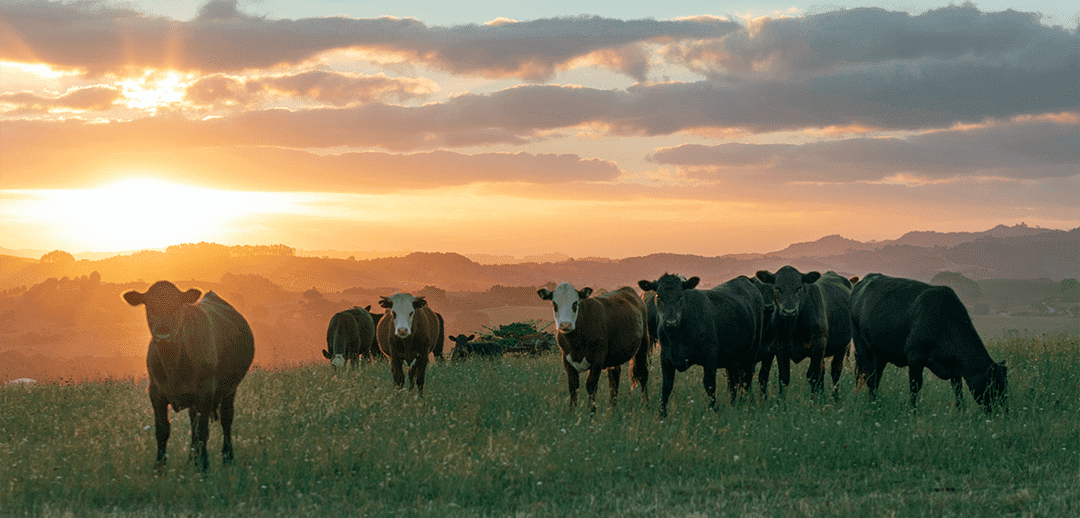BEEF industry groups have agreed to work together on methane to better understand its impact on warming and to tell the full story of the carbon cycle.
Cattle Australia this week hosted a methane roundtable with more than 60 people from across the supply chain – including retailers, processors, banks, government and producers. The roundtable appeared to be well received by attendees at yesterday’s Meat & Livestock Australia AGM.
Reviewing methane policy has been one of the main policy areas of Cattle Australia since it formed in 2022.
The roundtable was preceded by a webinar which heard from multiple scientists and industry groups to lay out the science of methane and carbon sinks.
Three key issues were identified at the roundtable yesterday:
- Shifting the focus from emissions metrics to the actual warming impact of beef production to provide a clearer picture of the industry’s environmental footprint, in order to develop more effective and cost-efficient mitigation strategies
- Acknowledge the cattle sector’s unique ability to sequester large amounts of carbon in grasslands and develop pathways to guide a review of the sector’s contribution to the National Greenhouse Gas Inventory (NGGI)
- Invest in research and development focused on net emissions, carbon sequestration and storage, and create accessible incentives to measure and market ecosystem services.
Dr Bill Hurditch from natural resource management and advocacy consultancy The Fifth Estate was on the roundtable. He told a panel session at today’s Cattle Connect conference that bringing multiple voices together in one room was an important step in the discussion.
“Getting that right information packaged in the right way and given to the right people with the right understanding of the politics,” Dr Hurditch said.
“The other thing with the politics is that you have to give people solutions rather than problems. But if you can bring that information to the regulators they will be your advocates in international forums.”

